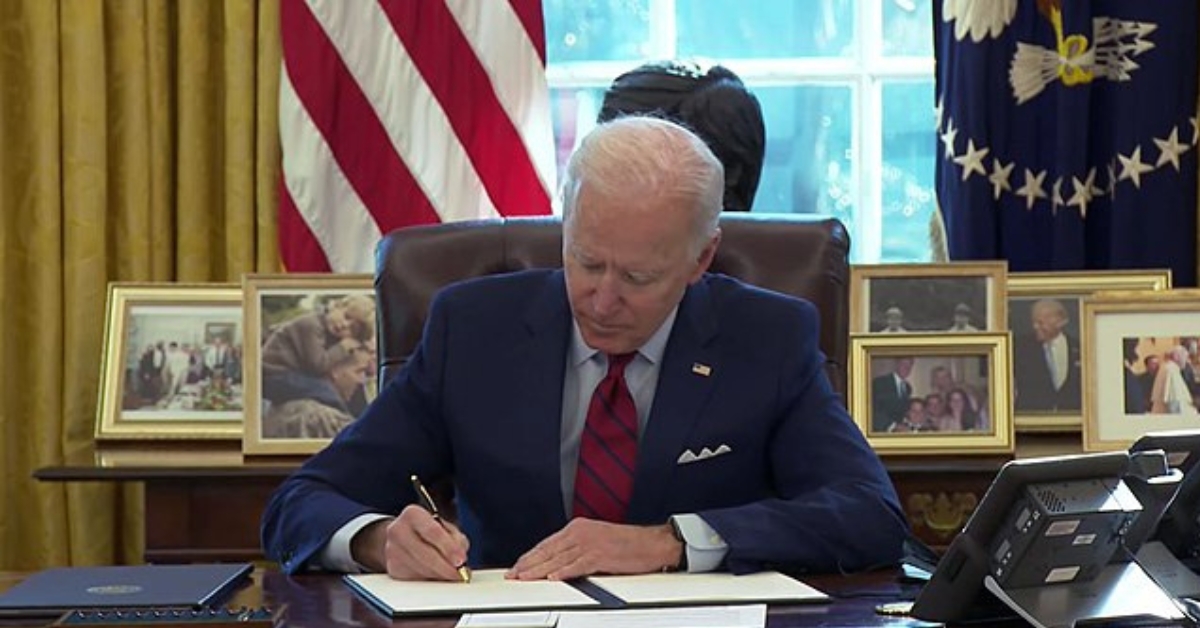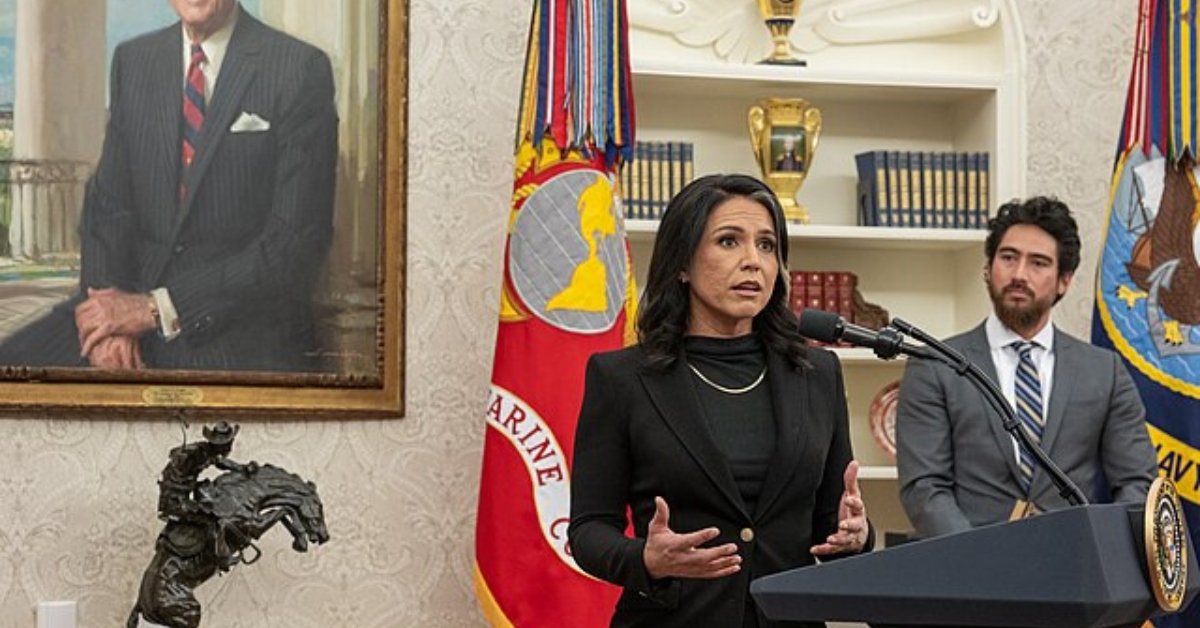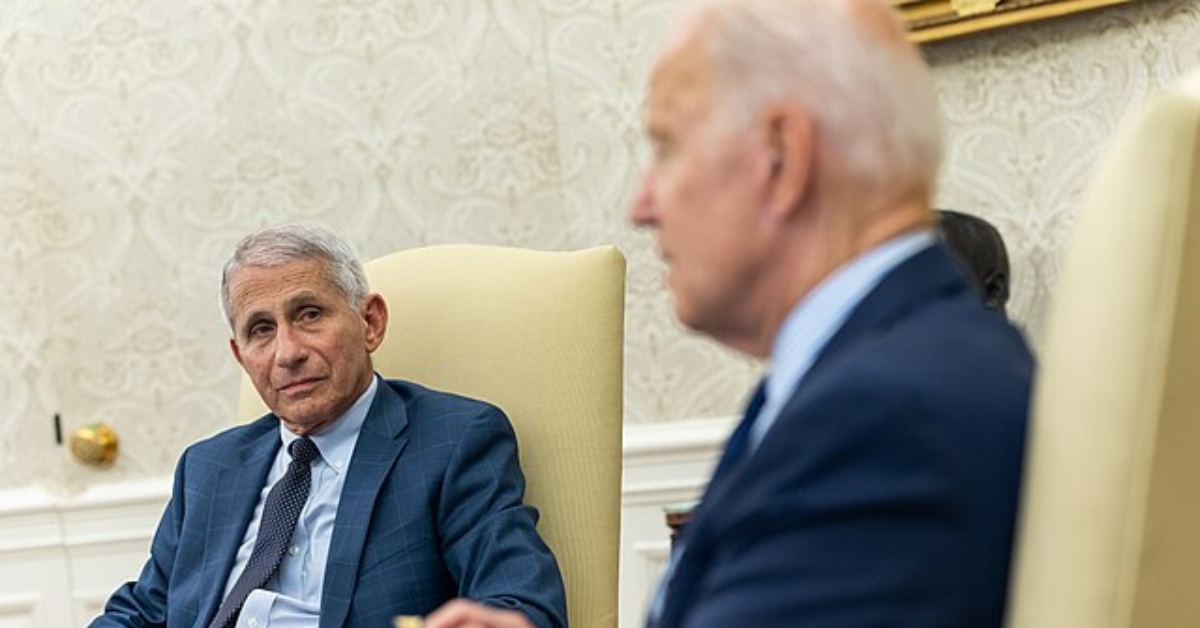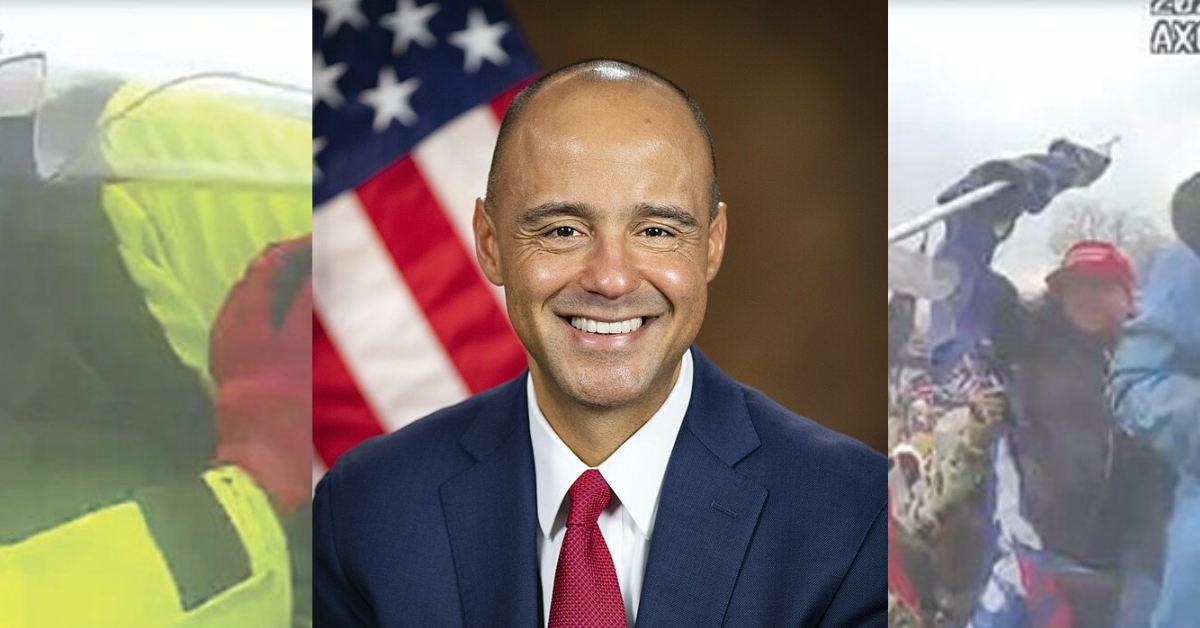
‘Bidenvilles’ Are the New Hoovervilles, Americans Living in Cars
In a twist of historical irony, Americans, reeling under the weight of a housing affordability crisis, are finding themselves in a situation eerily reminiscent of the Great Depression’s Hoovervilles. Only this time, the burgeoning encampments of cars and makeshift dwellings might well be dubbed “Bidenvilles,” a stark testament to the dire state of the nation under President Joe Biden‘s watch. In Sedona, Arizona, a city emblematic of this crisis, the local government has resorted to allocating parking lots for the burgeoning population of car-dwelling workers, complete with temporary utilities—a Band-Aid solution to a hemorrhaging cost-of-living crisis.
This predicament isn’t confined to Sedona; it’s a nationwide epidemic, exacerbated by the worst inflation in four decades and skyrocketing interest rates. The result? A regressive shift in the national standard of living, harking back to a time when multigenerational households were the norm out of sheer economic necessity.
The federal government’s penchant for spending money it doesn’t have has catalyzed this crisis, with Biden at the helm, cheerleading the charge toward fiscal ruin. But let’s not absolve Congress of its role in this debacle; the bipartisan splurge-fest in Washington has been equally complicit. The result? Runaway inflation, crippling interest rate hikes, and a housing market so frozen that for many, the only viable shelter is the backseat of their car.
Amid this unfolding saga of “Bidenvilles,” it’s crucial to dissect the roots of this economic turmoil under President Biden’s stewardship. The administration’s policies have not only stoked the flames of inflation but have also severely hampered the job market, putting the American worker in a disadvantageous position. The relentless push for green initiatives, often at the expense of traditional energy sectors, has contributed to soaring energy costs, further tightening the vice on the average American household. Instead of fostering an environment where innovation and market forces drive sustainable change, the administration’s heavy-handed approach has led to increased regulatory burdens and uncertainty, stifling economic growth.
The irony is palpable. In attempting to steer the country towards progressive ideals, Biden’s policies have inadvertently resurrected echoes of the Great Depression, casting long shadows over American prosperity. As living costs continue to climb and the housing market remains out of reach for many, the promise of the American dream fades into the background, replaced by a grim struggle for survival. This economic tragedy isn’t merely a cyclical downturn but a stark manifestation of policy failures that have directly impacted the very fabric of American life. Without a significant pivot away from these damaging policies, the legacy of “Bidenvilles” may well define the Biden era—a period marked by disastrous outcomes, where the American spirit of resilience is tested like never before.














